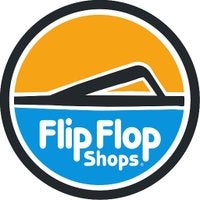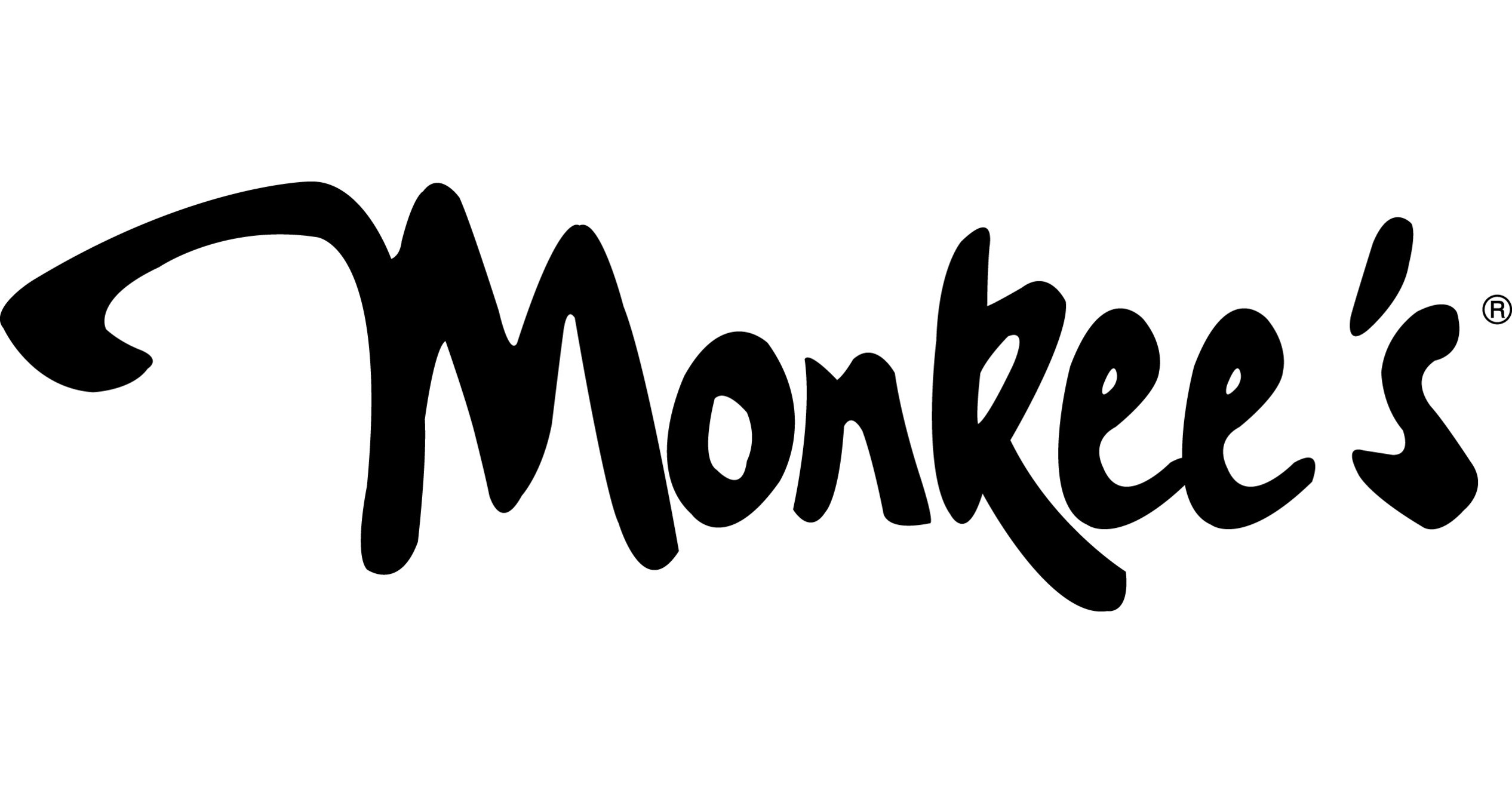
Flip Flop Shops is a retail-footwear franchise offering branded flip flops, sandals, and casual shoes, serving shoppers who embrace a relaxed, beach-inspired lifestyle, and known for curated assortments, fun coastal-themed stores, and a “Free Your Toes” ethos.
?
?

SEASON 2 is a retail consignment franchise offering authenticated pre-owned luxury handbags, shoes, and accessories, serving fashion-conscious shoppers and resale entrepreneurs, and known for curated boutiques, sustainability-focused resale, and support for franchisees entering the upscale consignment market.
?
?

The Closet Trading Company is a resale boutique franchise offering consigned contemporary and luxury fashion, serving style-conscious, value- and sustainability-minded shoppers, and known for curated designer inventory, elevated boutique atmospheres, and promoting sustainable fashion through high-end secondhand clothing and accessories.
?
?

Monkee's is a women's boutique retail franchise offering curated apparel, shoes, and accessories, serving fashion-forward shoppers in upscale neighborhoods, and known for its small-store feel, personalized service, and locally owned boutiques supported by a broader Southern-inspired brand.
?
?

Blue Collar Workwear is a retail-franchise offering work clothing, footwear and accessories for blue-collar professions, serving tradespeople and work-wear shoppers, and known for private-label merchandise, rugged brand identity and annual unit revenues around $1.1 million.
?
?

Indy Clover is a boutique fashion franchise offering women’s apparel, accessories, and gift items, serving style-conscious shoppers, and known for curated collections, seasonal drops, and boutique shopping experience.
?
?
.png)
Pearce Bespoke offers custom clothing services, providing personalized tailoring for clients. Franchisees are supported with marketing, training, and operational tools to grow their custom apparel business.
?
?

Clothes Mentor is a resale franchise specializing in high-quality, gently used women’s clothing, shoes, and accessories, offering stylish, affordable fashion with an emphasis on sustainability.
?
?

Resale fashion franchise offering trendy, gently used clothing and accessories at affordable prices, providing a sustainable and budget-friendly shopping experience.
?
?

Women's clothing and accessories resale franchise offering high-quality, gently used fashion items at affordable prices.
?
?